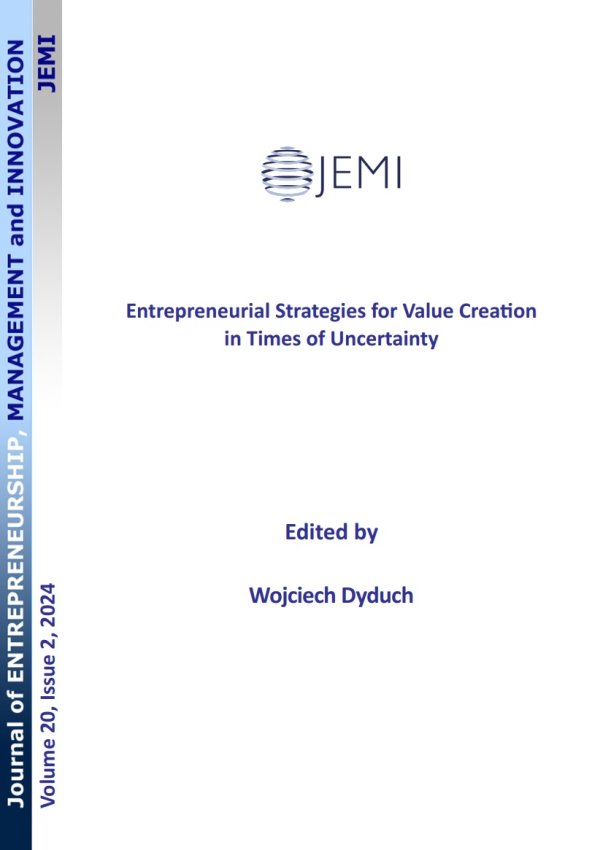Safi Ullah Khan, Ph.D., Senior Assistant Professor, UTB School of Business, Universiti Teknologi Brunei, Jalan Tungku Link Gadong BE1410, Brunei Darussalam, e-mail: This email address is being protected from spambots. You need JavaScript enabled to view it. 
Abstract
PURPOSE: We examine whether financial obstacles affect the probability of a firm undertaking previously suspended (or abandoned) innovation projects for new product development (NPD), and whether extramural R&D, as well as the breadth of the types of R&D collaboration (i.e., knowledge sources), moderate the relationship between financing constraints and the probability of restarting previously suspended NPD from selected South Asian economies. METHODOLOGY: This study controls for potential endogeneity in innovation propensity and finance access by employing a recursive bivariate probit model. We also adopt an instrumental variable approach by employing a probit model with continuous endogenous regressor to account for the potential endogeneity between the breadth of collaboration partners and innovation propensity. FINDINGS: Financial obstacles significantly impact previously suspended NPD. Furthermore, extramural R&D positively affects the probability of a firm undertaking NPD projects and attenuates the relationship between financing constraints and the likelihood of restarting abandoned/suspended NPD projects, suggesting that extramural R&D alleviates financing constraints, which increases the likelihood of NPD restarts. However, the breadth of collaborating partners is not positively associated with the probability of a firm restarting NPD. This is consistent with the view that extramural R&D with diverse sets of partners is exposed to the risks of the “two worlds paradox” arising from a firm’s collaboration with universities, research institutions, and consulting firms. IMPLICATIONS: The findings corroborate the view that firms must maintain a balance between their internal knowledge base and extramural R&D to optimize innovation outcomes. Nevertheless, extramural R&D reduces the reliance of financially constrained firms on resource requirements, improves access to financing, and enhances R&D productivity in NPD. ORIGINALITY AND VALUE: We provide the first firm-level and multi-country evidence of the importance of financial obstacles in the probability of reinitiating previously suspended NPD at the execution phase. Second, to the best of our knowledge, this is the first study to examine the relationship between inter-organizational R&D collaboration diversity and the probability of a firm reinitiating previously abandoned (or suspended) NPD.
Keywords: New Product Development, financial constraints, extramural R&D, inter-organizational R&D collaborations, external knowledge acquisition






